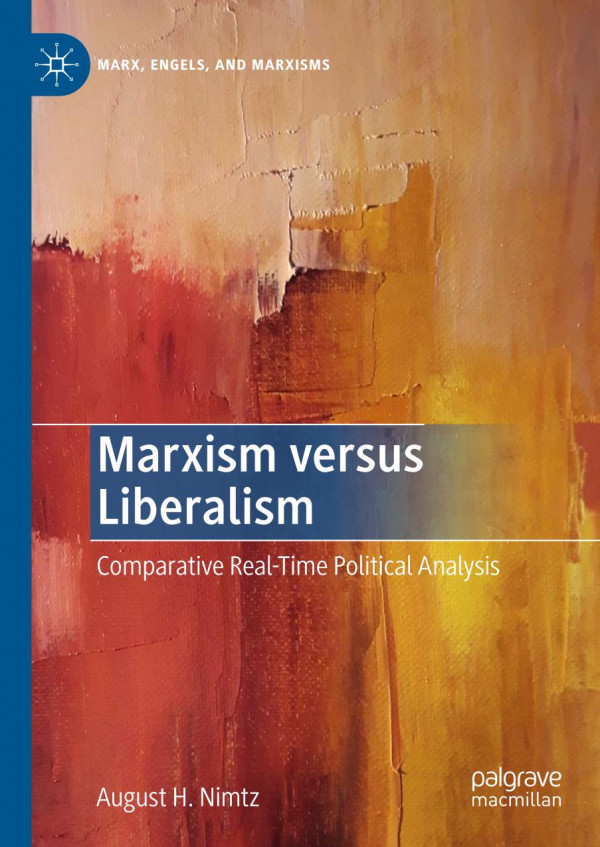

Most ebook files are in PDF format, so you can easily read them using various software such as Foxit Reader or directly on the Google Chrome browser.
Some ebook files are released by publishers in other formats such as .awz, .mobi, .epub, .fb2, etc. You may need to install specific software to read these formats on mobile/PC, such as Calibre.
Please read the tutorial at this link. https://ebooknice.com/page/post?id=faq
We offer FREE conversion to the popular formats you request; however, this may take some time. Therefore, right after payment, please email us, and we will try to provide the service as quickly as possible.
For some exceptional file formats or broken links (if any), please refrain from opening any disputes. Instead, email us first, and we will try to assist within a maximum of 6 hours.
EbookNice Team

Status:
Available4.3
24 reviews“An extraordinary work of political historical analysis that methodically and convincingly argues for the superiority of a Marxist approach for pursuing democracy. Rich in historical detail and thoroughly engrossing in portraying the real-time analyses of and intervention in crucial events by prominent Marxist and liberal theorists and political actors, Marxism versus Liberalism is a truly impressive achievement that will have an enduring appeal.”
—John F. Sitton, Professor Emeritus, Political Science, Indiana University of Pennsylvania, USA
Performing a comparative real-time political analysis, Marxism versus Liberalism presents convincing evidence to sustain two similarly audacious claims: firstly, that Karl Marx and Frederick Engels collectively had better democratic credentials than Alexis de Tocqueville and John Stuart Mill; and secondly, that Vladimir Lenin had better democratic credentials than Max Weber and Woodrow Wilson. When the two sets of protagonists are compared and contrasted in how they read and responded to big political events in motion, this book contends that these Marxists proved to be better democrats than the history’s most prominent Liberals. Exploring the historical scenarios of The European Spring of 1848, the United States Civil War, the 1905 Russian Revolution, the 1917 Russian Revolution, and the end of World War I, Marxism versus Liberalism carefully tests each claim in order to challenge assumed political wisdom.